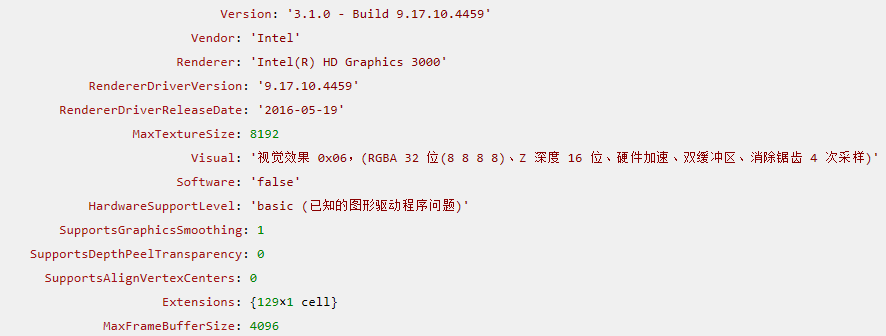

Instead of returning the private variable m_MyText I have mistakenly returned the public property MyText.

In this instance Visual Studio is pointing me to a clear error on my definition of the get property. This also presents me with the opportunity to review my Call Stack (which confirms the issue), review other threads, and even verify the state of any Local variables at that point in time.

I now have a more complete view of the problem, it’s as if I had managed to set a break point at the exact moment of the stack overflow.
Unhandeld exception. save a crash dump code#
On the right side of the Dump Summary page, I can choose from several Actions, but as this is a managed application, I will select the Debug with Managed Only option and Visual Studio immediately drops me onto the thread and code line that caused the stack overflow exception! Knowing the problem is one half of the equation, but I also want to know the root cause of the issue, and this is where I think Visual Studio shines. Simply put, we have a stack overflow exception. In this example the Exception Code and Exception Information state that the problem is “The thread used up its stack”. I can also search through a list of the modules that were loaded into memory at the time I captured the memory dump. The Dump Summary page highlights several pieces of important information from the dump file including the OS Version and CLR Version. I can open my memory dump directly in Visual Studio and will be presented with the Dump Summary page. Analyzing a crash dump with Visual Studio Once the crash occurs ProcDump immediately writes the memory dump to disk (*.dmp).ĭebugging crashes is made easier with the Visual Studio memory tools, so let me show you how I debug a Stack Overflow Exception in my application, and how the tools navigate me directly to the line of code that caused the problem.
Unhandeld exception. save a crash dump full#
In the following example, I use the versatile ProcDump command-line utility from Sysinternals to capture a full user-mode dump (-ma) when an unhandled exception (-e) occurs (1145 is the process id of my application).

high CPU, memory leaks, first/second chance exceptions, etc.). The relative strength of each tool depends on your environment and the scenario you are investigating (e.g. There are several tools available for capturing memory dumps including Visual Studio, ProcDump, DebugDiag and WinDbg. Memory dumps are a great diagnostic tool because they are a complete snapshot of what a process is doing at the time the dump is captured. Stack Overflow Exceptions and Out of Memory Exceptions can occur when your app has insufficient memory space for any function to handle the exception, which again causes the process to crash. Out of Memory Exceptions, Stack Overflow Exceptions and Execution Engine Exceptions also cause crashes. The exception goes up the stack and becomes, what we refer to as, a S econd Chance Exception and crashes your app’s process. These occurs where an exception is raised (First Chance Exception), but your code does not handle it (typically using a try-catch code construct). There are several different things that might be causing your managed application to crash, the most common are typically unhandled exceptions. Thankfully Visual Studio is a great tool for analyzing your apps memory dumps! In this post we show you how easy it is to get important insights from a crash dump, and the steps to resolve the issue using Visual Studio. When unexpected crashes occur in your managed application you are often left with little evidence of the issue capturing and analyzing memory dumps may be your last best option.


 0 kommentar(er)
0 kommentar(er)
